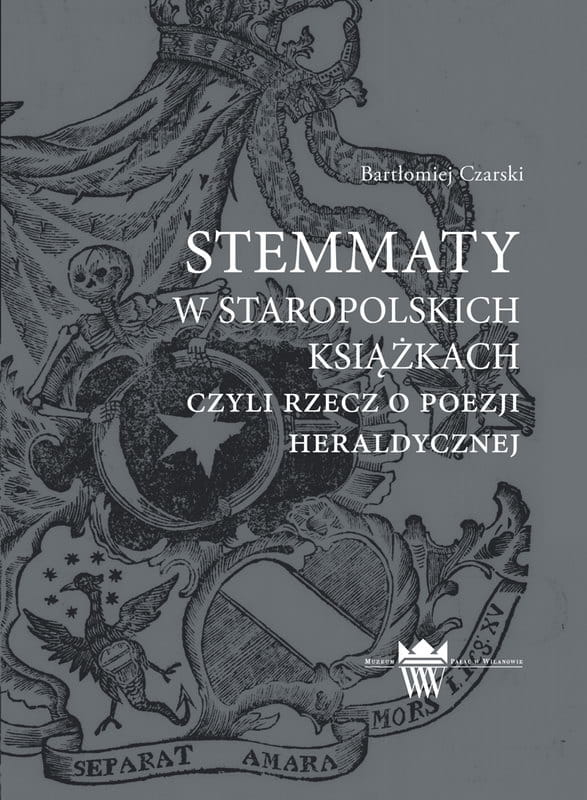Stemmata in Old Polish Books
Product price
30.00 PLNPromotional tags
Product description
Author: Bartłomiej Czarski
Stemmata were so widespread in prints published from the 16th to the mid-18th century in the Polish-Lithuanian Commonwealth that they should be considered a phenomenon of Old Polish book culture. These were verbal and pictorial structures consisting of a coat of arms and a short poem, which served a panegyric and propaganda function, preceding wedding or funeral speeches, as well as political texts. The praise they contained drew attention to the person of the work's hero or patron and proved the magnificence of the praised family. Poems for coats of arms were sometimes written by the best artists, to mention, among others, Mikołaj Rej, Jan Kochanowski, Mikołaj Sęp Szarzyński and Maciej Kazimierz Sarbiewski. A careful reading of the stemmata selected by Bartłomiej Czarski reveals to us a picture of the world of noble values. The background is the panorama of Sarmatian culture, which was characterised on the one hand by multi-denominational and multiculturalism, and on the other by unity achieved due to the community of ancient heritage and thanks to the language of nobility communication, which remained Latin until the end of the 18th century.
Publisher: Museum of King Jan III's Palace at Wilanów
Year of publication: 2012
Length: 300 pages
Format: 17x23 cm
Binding: hardcover
ISBN 978-83-63580-07-0
Stemmata were so widespread in prints published from the 16th to the mid-18th century in the Polish-Lithuanian Commonwealth that they should be considered a phenomenon of Old Polish book culture. These were verbal and pictorial structures consisting of a coat of arms and a short poem, which served a panegyric and propaganda function, preceding wedding or funeral speeches, as well as political texts. The praise they contained drew attention to the person of the work's hero or patron and proved the magnificence of the praised family. Poems for coats of arms were sometimes written by the best artists, to mention, among others, Mikołaj Rej, Jan Kochanowski, Mikołaj Sęp Szarzyński and Maciej Kazimierz Sarbiewski. A careful reading of the stemmata selected by Bartłomiej Czarski reveals to us a picture of the world of noble values. The background is the panorama of Sarmatian culture, which was characterised on the one hand by multi-denominational and multiculturalism, and on the other by unity achieved due to the community of ancient heritage and thanks to the language of nobility communication, which remained Latin until the end of the 18th century.
Publisher: Museum of King Jan III's Palace at Wilanów
Year of publication: 2012
Length: 300 pages
Format: 17x23 cm
Binding: hardcover
ISBN 978-83-63580-07-0
Select number of pieces
You may also be interested in
1
/
3
-
Rubensiana in Polish Collections. What is What: Original, Replica, Copy?
150.00 PLNView productAdd to cart
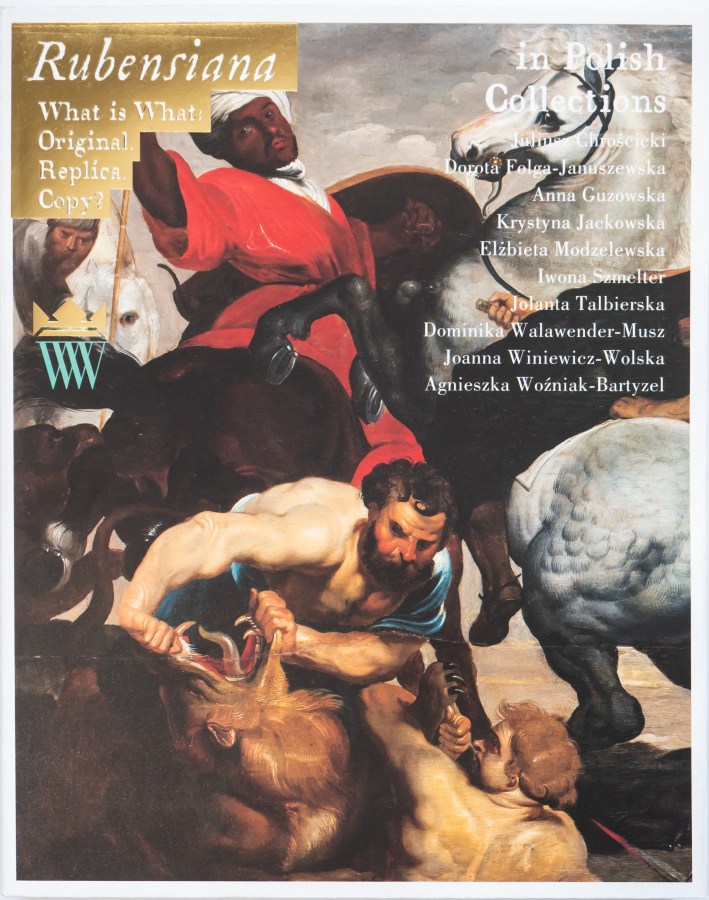
-
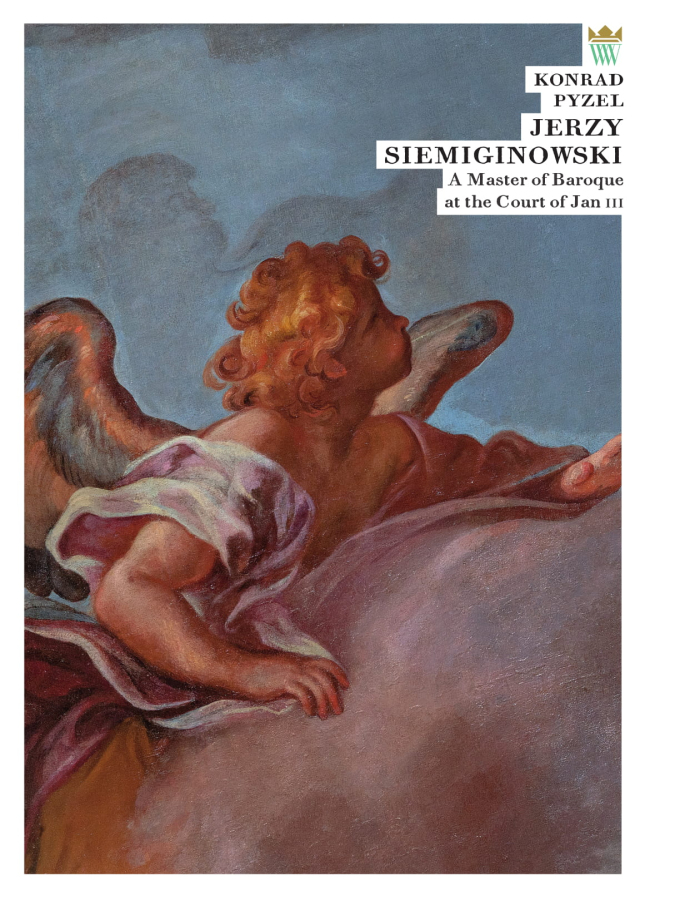
-
Toward a Universal Science. Sculpted and Painted Decorations in the Library of King Jan III at the Wilanów Palace
50.00 PLNView productAdd to cart
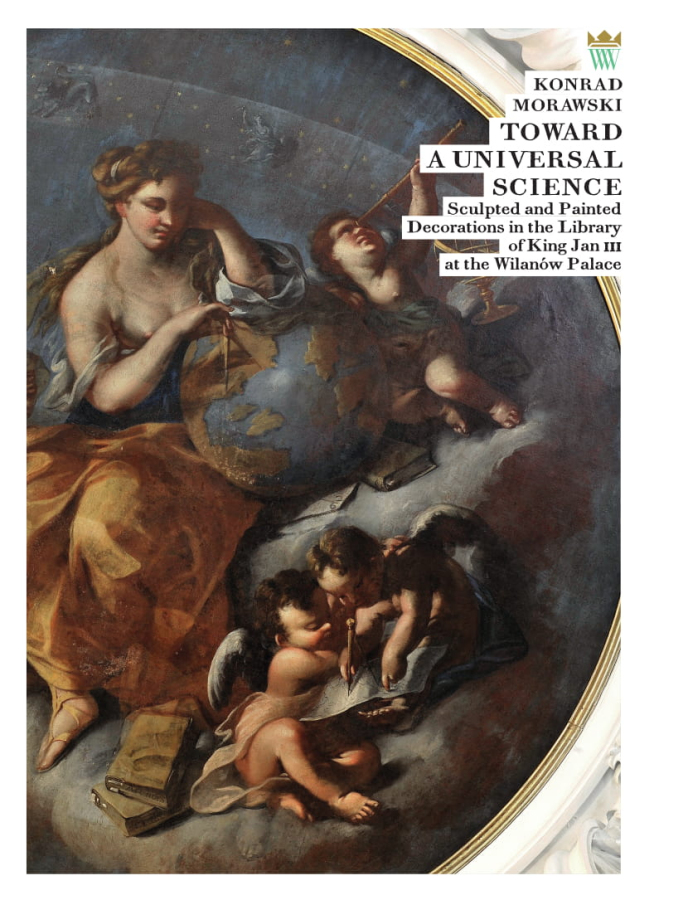
-
A Treasury of Various Sources... The History of the Polish-Lithuanian Commonwealth in the Syllabus of 1759
50.00 PLNView productAdd to cart
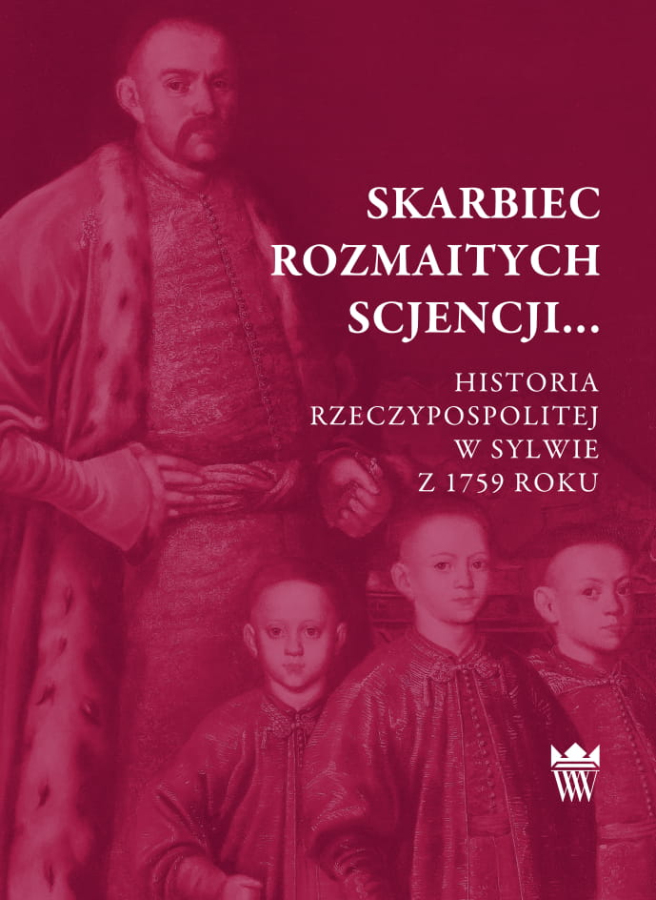
-
The Equestrian Portrait of Stanislaw Kostka Potocki by Jacques-Louis David
79.00 PLNView productAdd to cart
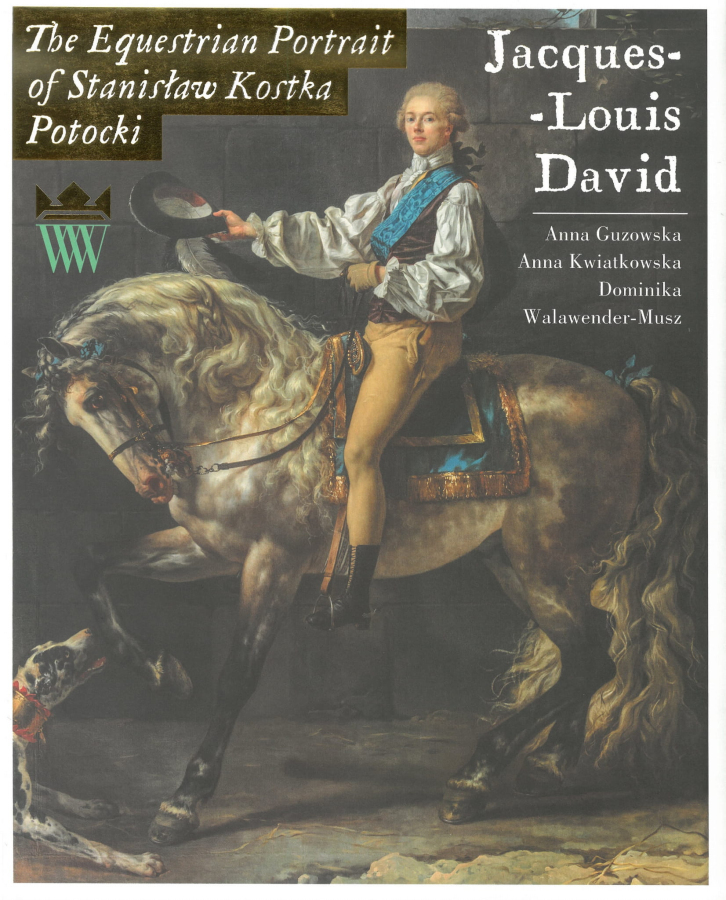
-
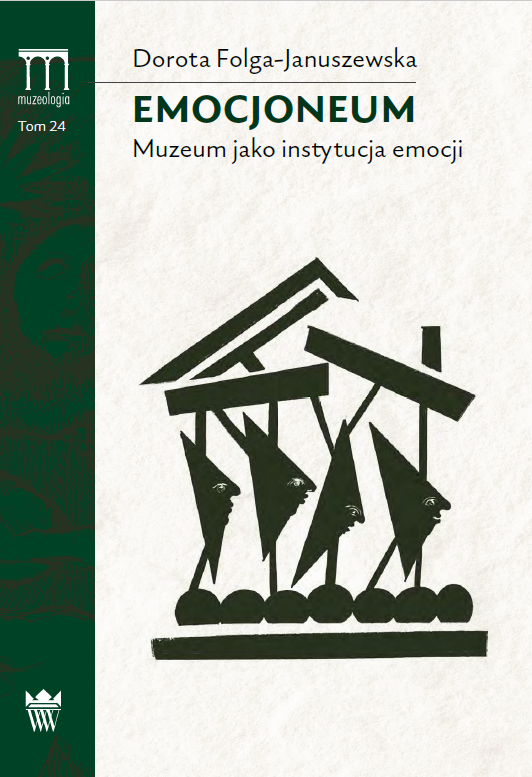
-
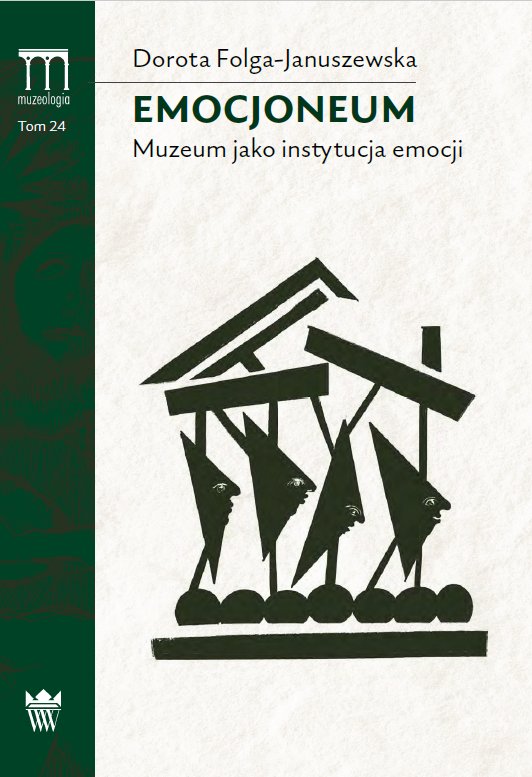
-
The Sports Museum is a Depository of the Idea of Kalokagatia – E-BOOK
20.00 PLNView productAdd to cart
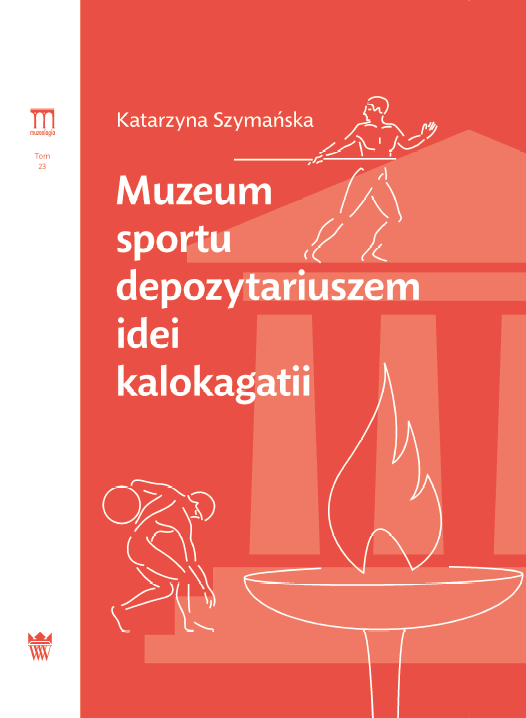
Recommended events
-
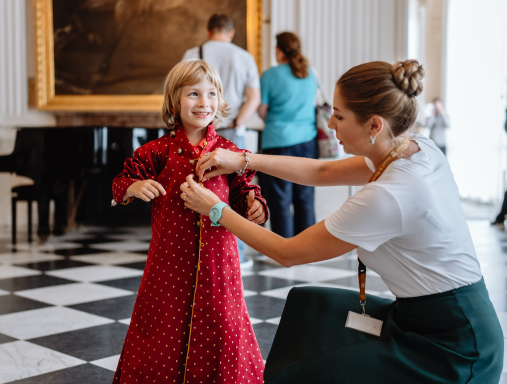 + 213 slots
+ 213 slotsBuy a ticket
-
-
-
1
/
3
